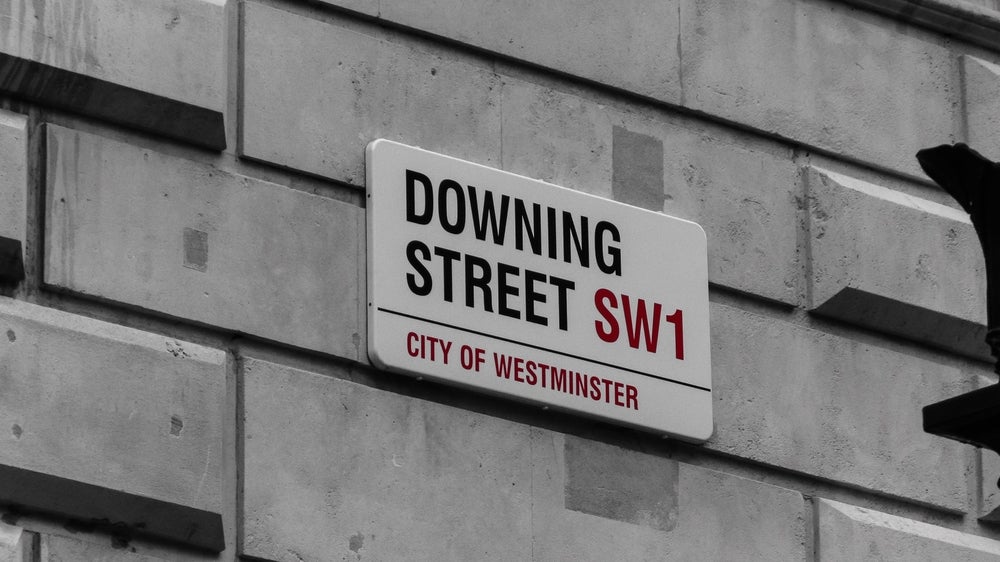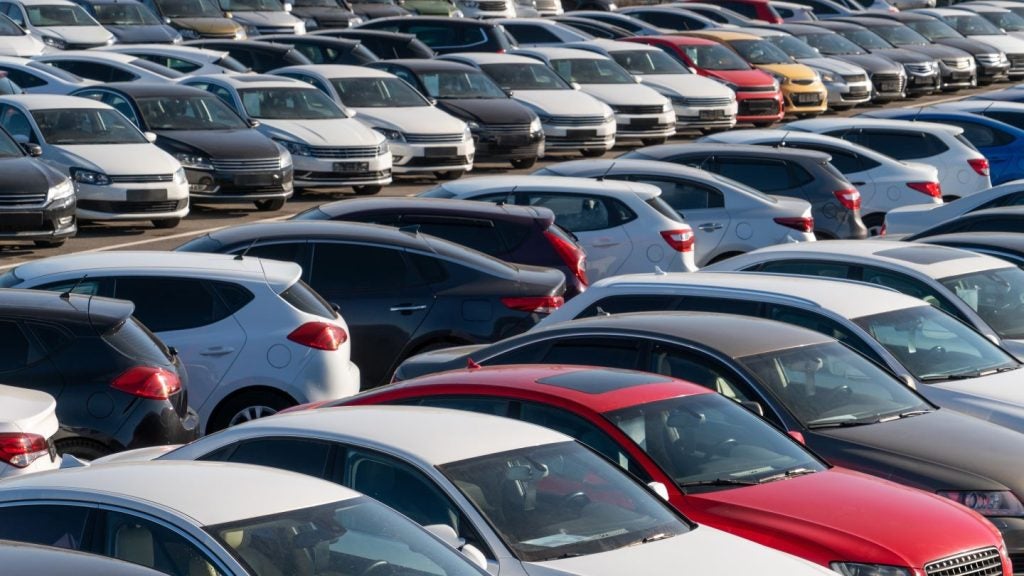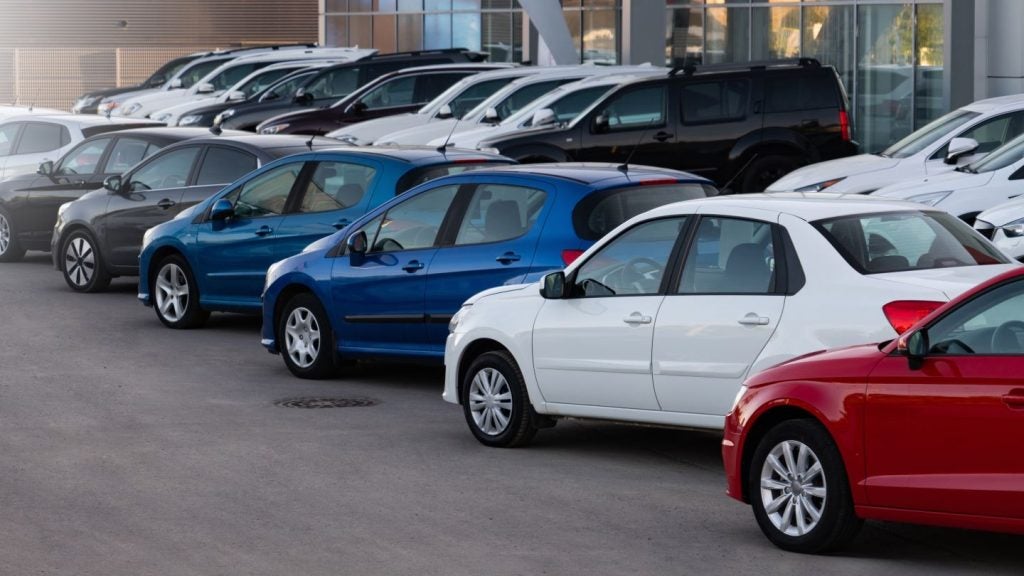Alfonso Martinez, UK Managing Director of ALD Automotive | LeasePlan, has voiced his disappointment over the absence of comprehensive policies addressing critical issues in the fleet industry during the UK Chancellor of the Exchequer’s Autumn Statement 2023.
Martinez emphasised that the lack of initiatives and additional funding to address challenges such as the transition to electric vans, accessibility of charge points, and escalating charging costs will persistently impact UK fleets and businesses.
1. Capital Allowances
“Businesses will undoubtedly welcome the Chancellor making the ‘Super Deduction’ – a 100% capital allowance available for qualifying plant and machinery – permanent. This means that items such as forklifts, tools and computers, as well as vans, trucks and tractors, will be able to be fully expensed against taxable profits for the foreseeable future, instead of the scheme ending in 2026. It’s an important step to promote long-term business investment with corporation tax rising to 25% in 2024/25.
Unfortunately, cars are exempt from this scheme, and so are vehicles that are bought with the intention that they will then be leased. This means that leasing companies cannot reduce their tax bills accordingly and pass on the savings to their customers. The BVRLA, along with a working group made up of ALD Automotive | LeasePlan, Lex Autolease and Europcar, has spent most of this year working with HM Treasury to develop a policy solution that closes this gap. We were hoping for an announcement during the Autumn Statement, but the Chancellor has yet to act.
Reforms are needed urgently, particularly to support the electric vehicle market ahead of the first mandatory registration targets – a 22% share of new cars and 10% of new vans – being introduced next year. Almost half of business contract hire (BCH) vehicles delivered by BVRLA members were battery electric during the second quarter of this year and, although prices are falling, they are still higher than their petrol or diesel counterparts.”
2. National Insurance and Living Wage Changes
“Raising the living wage and reducing the base rate of Class 1 Employee National Insurance Contributions (NICs) by 2% points (from 12% to 10%) will be welcomed by households during the ongoing cost-of-living crisis. However, these changes inadvertently affect the salary sacrifice schemes which are making electric vehicles more accessible to drivers.
How well do you really know your competitors?
Access the most comprehensive Company Profiles on the market, powered by GlobalData. Save hours of research. Gain competitive edge.

Thank you!
Your download email will arrive shortly
Not ready to buy yet? Download a free sample
We are confident about the unique quality of our Company Profiles. However, we want you to make the most beneficial decision for your business, so we offer a free sample that you can download by submitting the below form
By GlobalDataSalary sacrifice enables drivers to lease vehicles through their employer and pay for them with their pre-tax income. As long as the vehicle emits 75g/km CO2 or less (which is true of most plug-in hybrid or electric cars), income tax and Class 1 NICs are based on the remaining salary, while the driver pays Benefit in Kind for the vehicle and their employer pays Class 1A NICs for providing it. With company car tax bands as low as 2% for electric vehicles, this usually helps employers to cut their NIC bill while offering an affordable way for drivers to go electric.
The Chancellor’s decision not to adjust Class 1A rates means employers won’t see any reduction in their NICs, which could in turn be passed on to employees – who would normally cover those costs. Furthermore, the increased living wage means some employees will no longer be eligible, as the vehicle payments would take them below that threshold.
With the latest BVRLA statistics showing 91% of salary sacrifice deliveries are electric, the Chancellor needs to be careful not to undermine the benefits of a system which is enabling drivers to switch to the cleanest vehicles.”
3. Incentives for Electric Vans
“Despite recent changes to the 2030 phase-out date for new petrol and diesel cars and vans, the pathway to electric vehicles is clear. The first mandatory EV sales targets – 22% for new cars, 10% for new vans – will be introduced next year, rising annually to reach 80% and 70% by the end of the decade and with large fines for manufacturers who can’t meet them. Supporting this fast-growing market is critical.
The Chancellor confirmed electric company car tax incentives through to April 2028 as part of last year’s Autumn Statement, and the transition is going well. It’s fuelled a resurgence in company cars and salary sacrifice schemes – which are one of the most cost-effective ways to get behind the wheel of an electric vehicle. One in six new car registrations are battery-electric, according to the SMMT, and fleets are leading that transition. The latest BVRLA data shows almost half of business contract hire (BCH) deliveries and a massive 91% of salary sacrifice cars are electric vehicles.
However, the business case for electric vans is less clear-cut and – with a stagnant 5.5% share of registrations – this market needs additional support to reach next year’s 10% target. Fleets are finding range, charging and vehicle prices challenging, while heavy batteries mean the largest electric vans (over 3.5 tonnes) have to comply with HGV-derived rules including earlier MoT tests, tachographs and speed limiters that don’t apply to their diesel counterparts.
The Government needs to move quickly to solve those hurdles, as flatlining electric van sales could push OEMs to restrict the supply of new diesel vans – including the latest, most efficient, and cleanest engine technology – to avoid fines.”
4. Fuel and charging costs
“The 5p per litre Fuel Duty reduction is in place until next March, and it’s an important measure for controlling inflation, so we weren’t expecting any announcements during the Autumn Statement. It’s given businesses and households useful breathing space but does nothing to address the high energy and charging costs affecting electric vehicle drivers.
Reducing fuel prices narrows the business case for going electric, especially for drivers who rely on public charging points. According to the latest Zap-Map data, drivers would pay an average 79p per kilowatt-hour (kWh) to charge at the fastest ‘rapid’ chargers, which is almost 20p per mile. To put that into context, a diesel car or van would break even at around 37mpg, based on the latest average pump prices.
With mandatory zero-emission vehicle sales targets arriving next year, and our recent World EV Day research showing running costs are a top priority for drivers, this needs to change. The Government has ignored industry lobbying to reduce the 20% VAT rate on public charging to match the 5% paid for domestic energy. This would undoubtedly help to stimulate retail demand for EVs, especially in the used market where supply is growing quickly but drivers have few incentives to switch.”
5. Vehicle Excise Duty (Road Tax)
“After almost 20 years of governments debating road pricing as an alternative to Vehicle Excise Duty (or ‘road tax’), the Chancellor ruled out any near-future changes to the current system in March. Unfortunately, incoming reforms to the VED system are set to add a significant tax burden for electric vehicle drivers from April 2025.
As it stands, the VED exemption for electric cars (and discounts for hybrids) will end on 1 April 2025. This means all vehicles registered since April 2017 will pay the same annual tax rate, while the Expensive Car Supplement – an additional charge for the first five-yearly renewals – will apply to new registrations with a list price of £40,000 or more.
Electric vehicle prices are falling, but plenty of new models are still over the £40,000 threshold – including the UK’s best-selling EV, the Tesla Model Y. As rates rise with inflation, this system will leave drivers with a tax bill of around £600 per year for an electric vehicle, or three times more than the petrol or diesel equivalent. The Chancellor should consider adjusting the threshold to account for the still-higher price of EVs or exempting them altogether.
It’s also worth noticing that, five years after it launched its consultation, the Government has yet to reform the VED system for vans.”
6. Chargepoint funding
“A robust charging network is vital as the UK’s electric vehicle market gathers pace. While it’s true that the number of public charge points is growing (a further 14,255 have been installed so far this year, a 38% increase on the end of 2022), it’s also true that the rate of growth isn’t fast enough. According to an analysis published by The Times newspaper earlier this year, the Government is set to miss its target of installing 300,000 new charge points by 2030… by 20 years.
However, the Autumn Statement offered no additional funding to grow this network – nor any support for home chargepoints, or local authority schemes which are equally vital to help encourage drivers to go electric. With mandatory zero-emission sales targets due to be introduced in 2024, urgent action is needed to alleviate drivers’ concerns.”
7. Plan for Drivers
“The Government announced the Plan for Drivers in October. This included numerous measures to support motorists, including new traffic light technology, a National Parking Platform, grants for cross-pavement charging solutions and a myth-busting campaign for EVs. We welcome any measures that make life easier for drivers, and hope that question marks about funding will be addressed during the Spring Budget.”
8. Tax Tables
“We are seeking urgent clarification following the publication of the Overview of Tax Legislation and Rates (OOTLAR), which includes a company car tax table that contradicts policy laid out during last year’s Autumn Statement. This indicates a 7% tax band for electric cars during the 2027/28, instead of the 5% announced by the Chancellor, and appears to have been published in error.
If this figure is correct, then it undermines the integrity of the process. OOTLA is intended to show the effect of the changes, not to announce policy decisions. Fleets depend on long-term visibility to make investments, and it would be very disappointing to see a U-turn on incentives announced last year.”
ALD/LeasePlan Autumn Statement
Alfonso Martinez is the UK Managing Director of ALD Automotive | LeasePlan









Related Company Profiles
LeasePlan Corporation N.V.